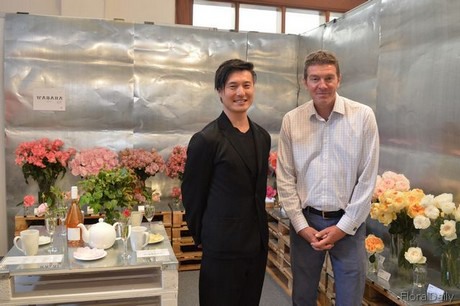
Ken Kunieda of Rose Farm Keiji and Ivan Freeman of Uhuru Flowers at the IFTEX 2017 in Nairobi, Kenya.
Wabara brand
Kunieda's father bred a scented garden type rose ten years ago and called it Wabara. This name is a blend of two Japanese (kanji) words: Wa and Bara. "Wa (和 ) means 'Japanese', but encompasses a cultural concept usually translated into English as 'harmony'. It implies a peaceful unity and conformity within a social group, in which members prefer the continuation of a harmonious community over their personal interests. Bara is the Japanese name for rose. Hence Wabara", explains Kunieda. In the years that followed, Kunieda's father added more varieties and the Wabara brand was created.
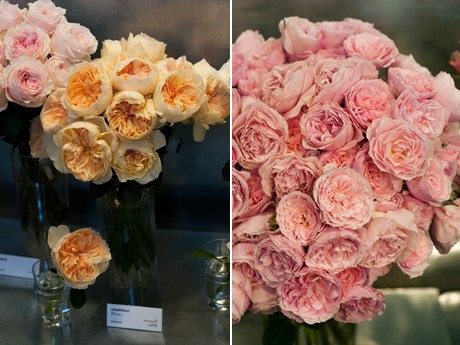
Global brand
At Rose Farm Keiji they are cultivating and selling the Wabara roses for several years now and it has become a well established brand in Japan. Now, Kunieda is ready to bring this brand to the world. "We fulfilled the demand in Japan and we are eager to enable more people to enjoy this brand. On top of that, we see that the popularity of garden type roses is increasing worldwide. For this reason, we started to select growers from different parts of the world and give them the exclusive right to grow these roses", says Kunieda. Currently, four other growers, located in the USA, United Kingdom, Colombia and Kenya have the exclusive right to grow these flowers in their country or continent.
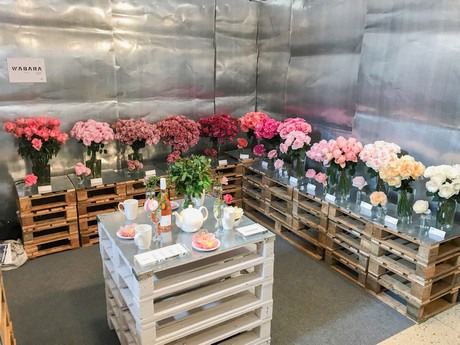
Uhuru Flowers
Uhuru Flowers, the selected farm in Kenya, recently joined the group and has the exclusive right to grow this brand in Africa. They are situated in Timau, on an altitude of 2,600 m above sea level and grow roses in 18 ha of greenhouses. After one year of trialling the Wabara varieties, they selected the 14 best varieties and decided to build a 1.5 ha greenhouse for the production of these roses. "Currently, 0.75 ha is used for the cultivation of Wabara Roses, so we have still room to expand", says Ivan Freeman, owner of Uhuru Flowers. But before he can decide to expand he needs to know which varieties are more in demand and which are less in demand. "In March, we have put the first varieties on the market. Till now, the reactions on all varieties are good. So, it will take some time to select the best varieties."
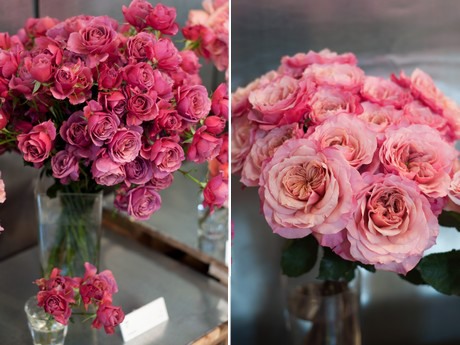
In Europe, the Wabara roses of Uhuru Flowers are being sold through Parfum Flower Company amongst others. This Kenyan farm also regularly sends shipments to Hong Kong. "In the next months, we will supply them to more destinations."
Future plans
Along with expanding the export markets Uhuru Flowers, but also the other farms in the group, are going to invest in promoting the brand. "We want to make it a well known global brand and in order to reach this, promotion is necessary", says Kunieda.
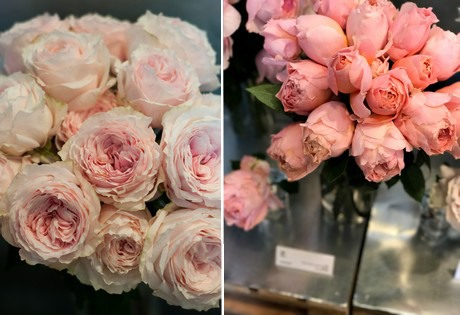
Asked whether Kunieda plans to give more growers the exclusive right of cultivating the Wabara roses, he says, "Yes. But I have already found the best partners in Ivan and Jose Azout (Alexandra Farms in Colombia). I think it is actually enough as an exporter, but I would like to give our exclusive right of cultivating to local growers, like US and UK partners."
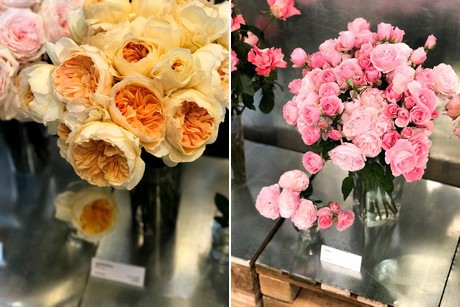
He notes that the Wabara roses grown in Kenya and Colombia have a strong stem and color, as well as big flowers. On the other hand, Wabara roses grown domestically are thin-stemmed with smaller flowers, but "a very emotional figures, so to say 'natural'." So Kunieda is also looking for growers who cultivate roses in a 'natural' manner, to spread the Wabara concept throughout the world.
For more information
Rose Farm Keiji.
Ken Kunieda
Email: [email protected]
www.rosefarm-keiji.net
Uhuru Flowers Ltd
Ivan Freeman
Email: [email protected]
www.uhuruflowers.com
